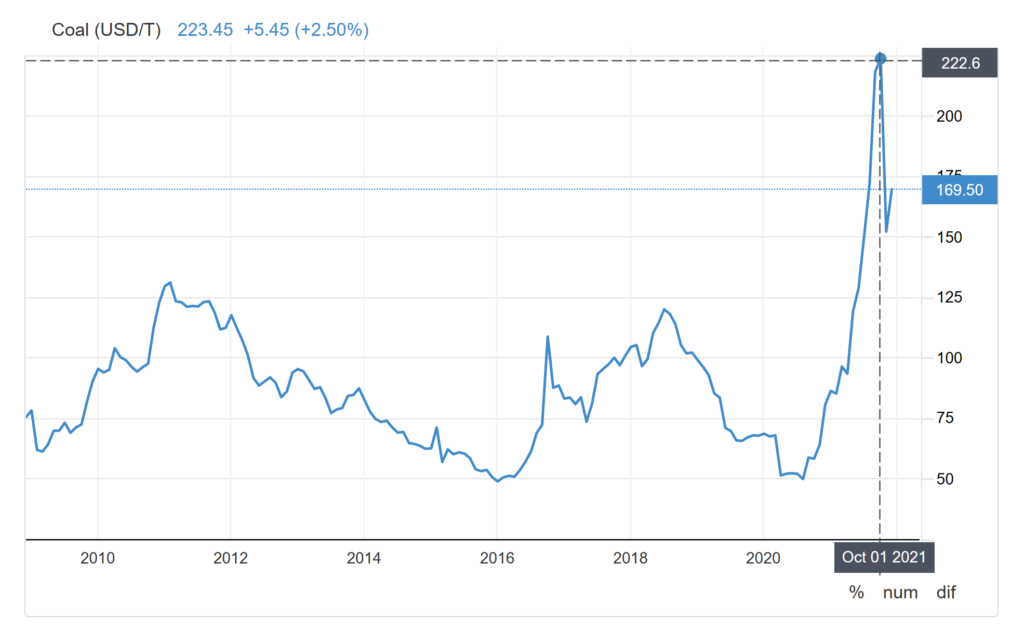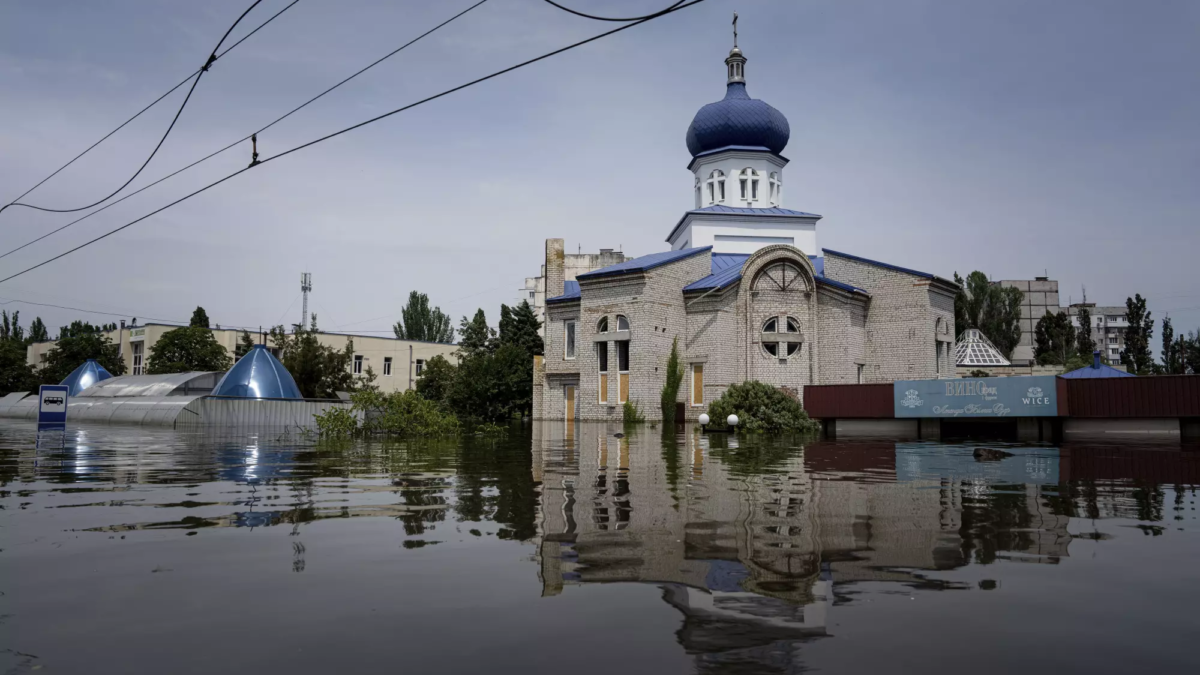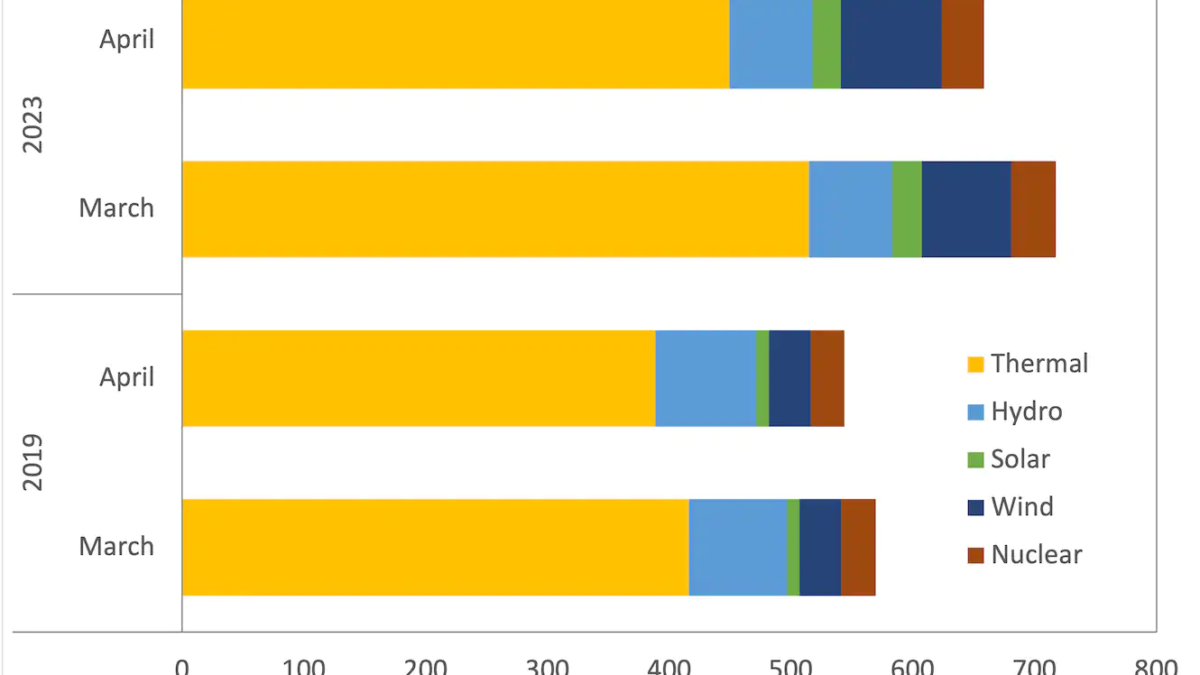“Prepare for lack of electricity” in 2022 says Foxconn founder

By Elles Houweling
20 December 2021
(Verdict) – The founder and director of Foxconn, the world’s largest contract manufacturer of electronics, Terry Gou, has said that “there will be a shortage of electricity in the next year.”
Gou added that “people should not complain about the future lack of electricity.” Instead, they should “prepare”.
Hon Hai Precision Industry, better known as Foxconn, is a Taiwanese-headquartered multinational electronics contract manufacturer and an essential supplier for many major international electronics companies, including Apple, Microsoft, Nintendo, and Sony. The ongoing power shortages both in mainland China and Taiwan will continue to negatively impact an already strained global supply chain for international tech companies.
As Taiwan has very limited domestic energy resources, it must rely on foreign imports to satisfy its electricity demand. Oil, coal, and natural gas made up around 72% of the island’s total primary energy consumption in 2020, according to GlobalData’s analysis on Taiwan’s thermal power sector. Its energy import dependence is around 98%.
The vast majority of the island’s oil demands are sourced in the Middle East, while its coal mainly comes from Australia, followed by Indonesia and Russia.
Following the growing global volatility in the energy sector and rising prices, Taiwan’s vulnerability to energy market risks has become particularly salient recently. Due to a worldwide rise in demand for thermal energy and the related surging coal prices, Taiwan’s energy supply sector has been facing pressure.
In May, the country imposed power cuts following a spike in electricity demand amid a heatwave and drought and a failure at a power plant. During those months, major semiconductor factories, including the world’s largest chipmaker, Taiwan Semiconductor Manufacturing Company (TSMC), imposed phased blackouts to manage the power shortages. […]
Meanwhile, Foxconn’s biggest factories are located in mainland China, where power shortages have also plagued the manufacturing industry.
The double whammy of a power supply crunch in Taiwan and China, plus the ongoing semiconductor shortage, has adversely affected the supply chains of numerous tech multinationals, such as Apple, one of Foxconn’s main clients.
In what has been described by Nikkei Asia as Apple’s nightmare before Christmas, the Californian tech giant was recently forced to close several factories in China due to supply chain constraints and power outages. This comes at a time when the company usually goes into manufacturing overdrive to keep up with the rise in demand over the festive period. [more]
“Prepare for lack of electricity” in 2022 says Foxconn founder



One Response
Comments are closed.